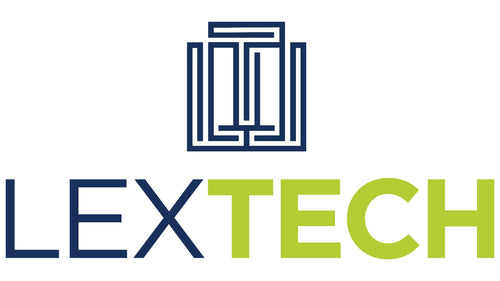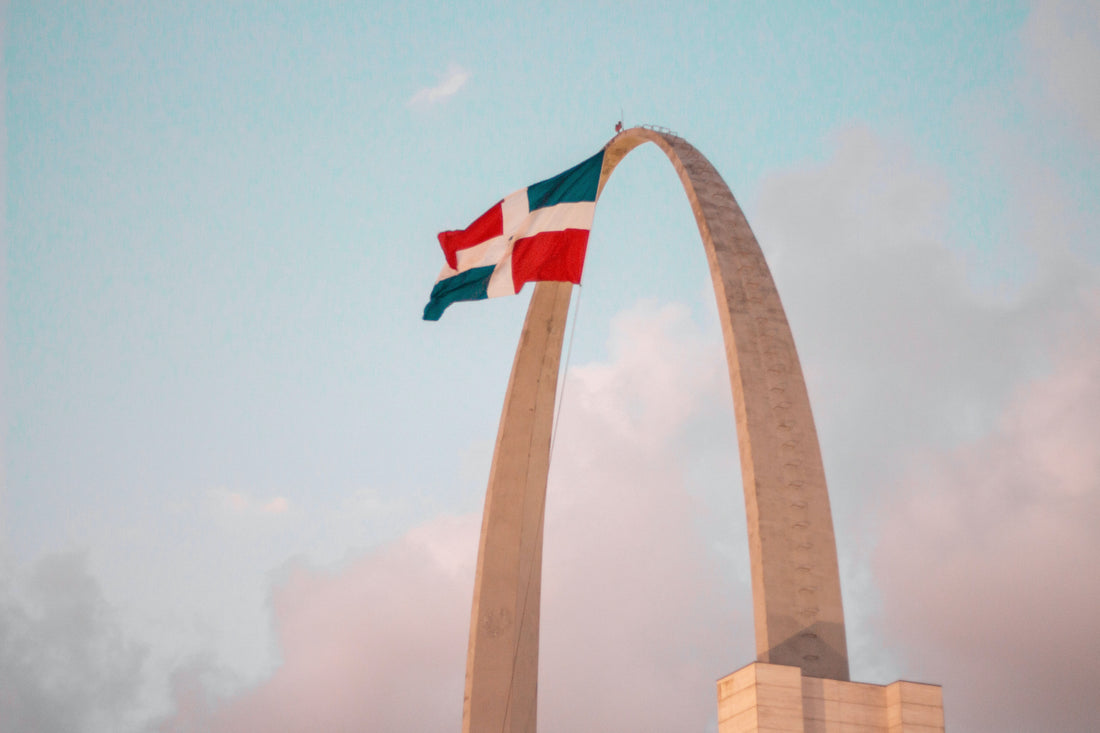The legal system in the Dominican Republic is a mixture of various legal systems, including Spanish civil law, Napoleonic code, and some elements of common law. The Dominican Republic has a civil law system, which means that the legal system is based on written laws and codes, as opposed to judge-made law, as is the case in common law systems.
The legal system in the Dominican Republic is governed by the Constitution of the Republic, which was enacted in 1966 and has been amended several times. The Constitution guarantees the fundamental rights and freedoms of the people, and lays out the structure and powers of the government, including the legislative, executive, and judicial branches.
The legislative branch of the government, known as the National Congress, is responsible for passing laws. The executive branch, headed by the President of the Republic, is responsible for enforcing the laws. The judicial branch, comprised of the Supreme Court of Justice and lower courts, is responsible for interpreting and applying the laws.
The Supreme Court of Justice is the highest court in the land and is responsible for interpreting the Constitution and hearing appeals from lower courts. Lower courts include the Court of Appeals, the Provincial Courts, and the Municipal Courts.
The legal system in the Dominican Republic also includes a number of specialized courts, such as the Commercial Court, which deals with commercial disputes, and the Labor Court, which hears labor-related disputes.
The process of resolving legal disputes in the Dominican Republic typically begins with a complaint being filed with the appropriate court. The complaint is then reviewed by a judge, who determines whether there is sufficient evidence to proceed with a trial. If the judge determines that there is sufficient evidence, the case is then heard by a panel of judges, who make a final decision based on the evidence presented.
In the Dominican Republic, the right to a fair trial is guaranteed by the Constitution. All defendants are entitled to representation by a lawyer, and trials are open to the public. The judicial system in the Dominican Republic is considered to be independent and impartial, and is responsible for ensuring that justice is served in a fair and impartial manner.
In conclusion, the legal system in the Dominican Republic is a mixture of various legal systems, and is based on written laws and codes. The Constitution guarantees the fundamental rights and freedoms of the people, and the judicial system is responsible for interpreting and applying the laws in a fair and impartial manner. The legal system in the Dominican Republic is designed to ensure that justice is served in a fair and efficient manner, and provides citizens with the necessary protections and remedies to resolve legal disputes.

